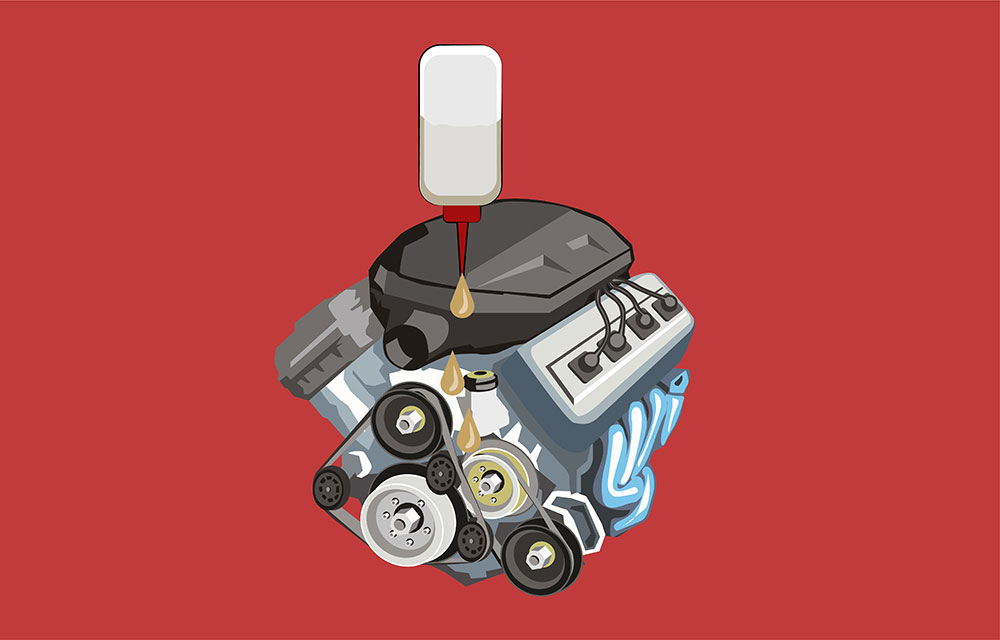
Optimizing CPU-Bound and Memory-Bound .NET Applications: 11 Best Practices
Our productivity is limited by our resources, but we have the ability to make better or worse use of them. The goal should be to use each of our resources as close to its limit as possible. We want to use every bit of our CPU and memory or else we're over-paying for expensive machines.

6 Essential Tools to Detect and Fix Performance Issues in .NET
Performance issues can be very difficult if you don't have the right tools. Luckily, there are plenty of excellent tools in the space of .NET. These can help you detect, monitor, optimize, and fix performance issues. Both locally and in the cloud.

Performance Profiling of .NET Core 3 applications on Linux with dotnet-trace and PerfView
Performance issues never seem to disappear from the world, no matter how fast new computers become. To deal with those issues we need proper tools. We have some great tools on Windows. On .NET Core with Linux, things are not so great. But they're getting better.

Use Performance Counters in .NET to measure Memory, CPU, and Everything - Full Guide
There's an incredible built-in mechanism in Windows called Performance Counters that allows you to follow a whole lot of useful metrics. It's easy to use, comes free, and perhaps not used as much as it deserves. In this article, we'll see how to monitor performance counters with PerfMon, ...

Find, Fix, and Avoid Performance Problems in C# .NET: 10 Best Practices
Don't know about you, but I'm obsessed about performance. I've gathered a list of 10 best practices on dealing with performance problems, starting with when you need to deal with them at all.

8 Techniques to Avoid GC Pressure and Improve Performance in C# .NET
Poor memory management can hurt performance in many ways. One such effect is called GC Pressure. This article will show 8 techniques to minimize GC pressure, and by doing so, improve performance.

How to Beat Array Iteration Performance with Parallelism in C# .NET
Let's consider a simple programming challenge: Summing all items of a large array. Now it stands to reason that this can be easily optimized by using parallelism...

Challenging the C# StringBuilder Performance
Some of the biggest performance problems in almost any .NET application boil down to string operations. They are both very common and by nature pretty expensive. In fact, looking at an average .NET Dump you’ll find that most of the memory is usually taken by strings (I heard about 70%). As you probably know, strings are immutable. So whenever you concatenate strings, a new string object is allocated, populated with content, and eventually garbage collected.
